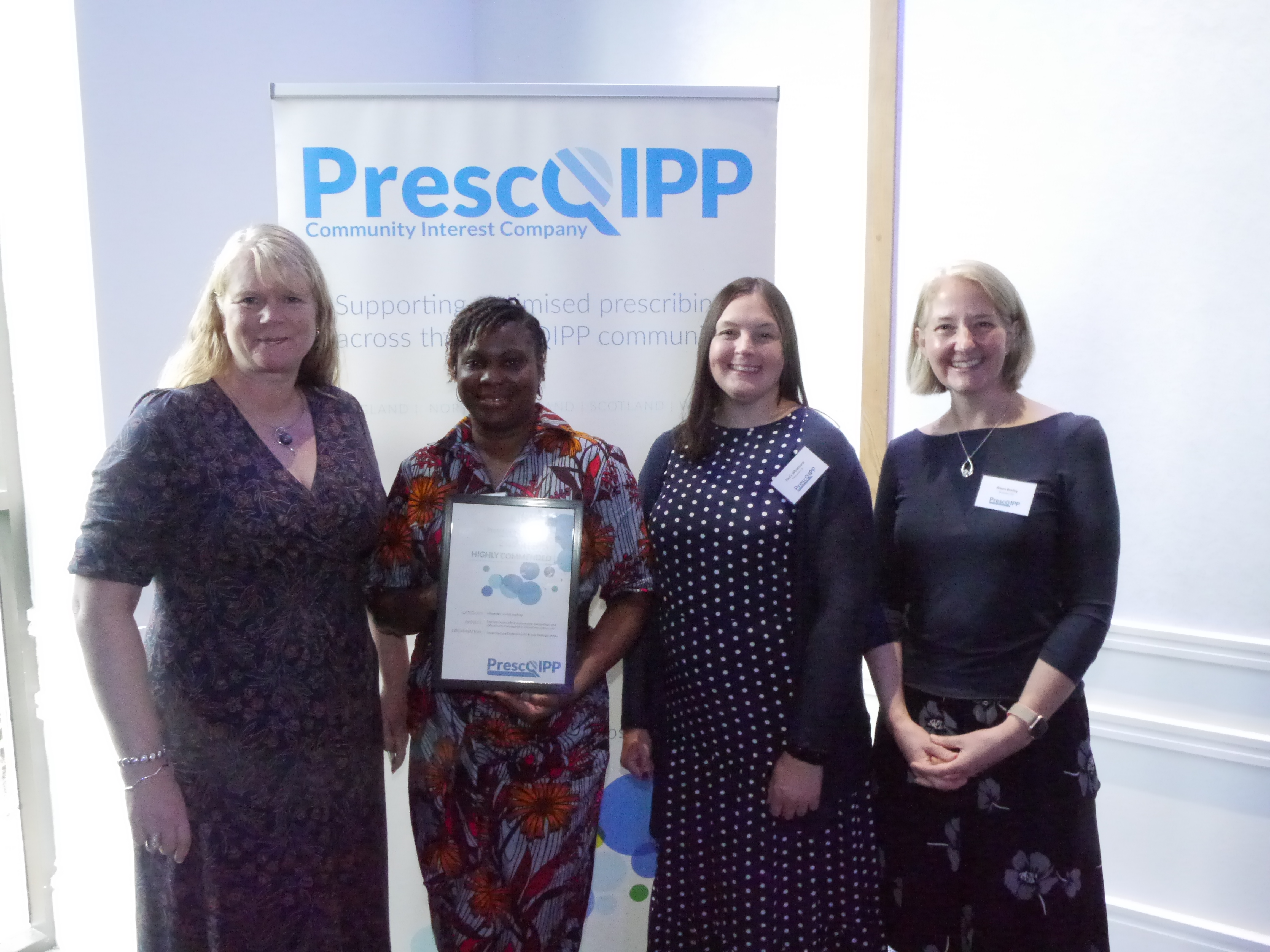Joined Up Care Derbyshire ICS, in collaboration with the East Midlands Academic Health Science Network, implemented a system approach to deliver improvement in pain management. This opioid change management programme of work improves the care of people living with chronic non-cancer pain and reduces the harm from opioids.
The programme was launched in March 2022 during the Covid recovery and restoration period and implemented within staff's workloads with no extra capacity or funding. The work was part of the National Medicines Safety Improvement Programme and was designated as a high priority ICS programme reporting directly to the Integrated Pharmacy Medicines Optimisation Board.
The system came together as a cross-sector collaborative community of Pharmacy, primary and secondary care health care professionals, community groups (such as Healthwatch), and people with lived experience. It used a seven phase, systems improvement cycle, produced by NHSE.
Key decisions at the outset determined the culture of the project:
System mapping was undertaken that involved 1:1 conversations with many stakeholders, including physiotherapy services, mental health, substance misuse, health psychology, the voluntary sector, Primary Care Networks and pain clinics. A 'people and communities' event with stakeholders was held. A primary care clinician survey and prescribing data analysis were undertaken, as was data analysis to determine links to high deprivation. This created a clear picture of the services, the challenges, areas of good practice and identified practices that could be supported with targeted work.
An interactive action planning event followed, with stakeholders from health and social care, community groups and people with lived experience. The group reviewed the system mapping, identified, and prioritised system actions, and determined volunteers to support on-going work. The ICS wide 'Pain Management Collaborative Community' was created.
As a result of action planning a vision and mission statement, and driver diagram were created. Areas of focus for 22/23 were:
Prior to the programme starting in March 2022 there was a year-on-year increase in patients prescribed opioids with JUCD being the second highest ICS in the country for the rate of opioid prescribing for more than 6 months. 'Opioids increase the risk of mortality (NNH 62). For every 62 people who stop opioids (any dose) (or do not start) prevent 1 death' (Medications Safety Improvement Programme Methodology Report, December 2022). Subsequent analysis showed the programme has reduced prescribing of long term opioids and potentially saved 25 lives between March 2022 and Feb 2023.
